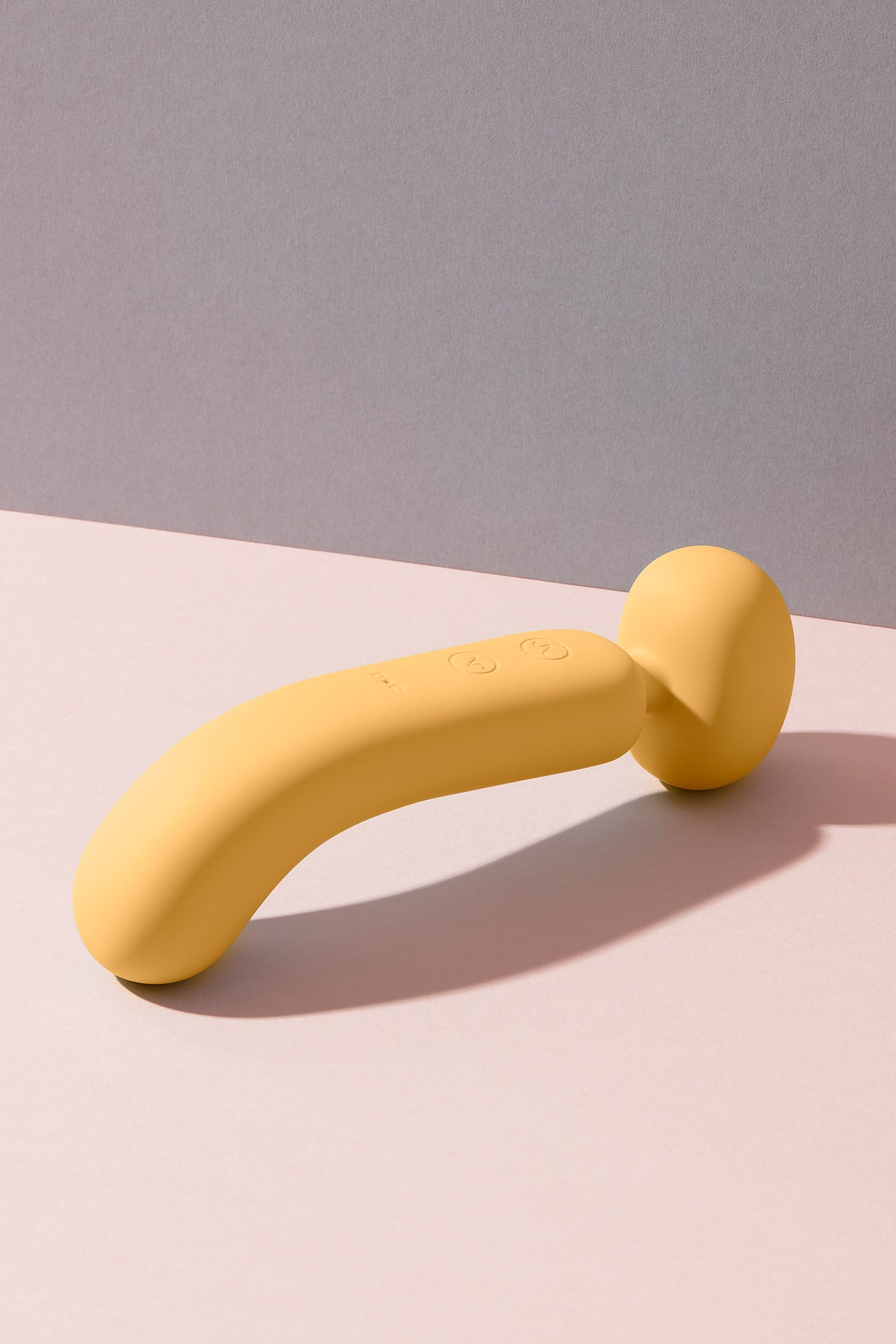Whilst it's true that many of us have been, and are, still unable to receive and give forms of affection we might previously have taken for granted. An experience known as touch deprivation.
Have you ever thought about what experiencing touch deprivation, irrespective of a pandemic, might do to a person’s psychological and physical well-being as a result?
This has certainly been the case for me. As a young disabled woman living with quadriplegic cerebral palsy, and also being a permanent wheelchair user. As one might guess, a severe lack of regular consensual affection and touch in general in non-medical related situations does have a severe impact on my self-esteem.
I want to use this article to speak more about how this reality makes me and possibly others feel. So that people outside of it might think differently moving forward with life post pandemic. Or at least be more appreciative of what they do have or can obtain easily.
It's been scientifically proven that hugging and close affection is central to bonding. Mothers are encouraged to engage in skin to skin contact as soon as a newborn arrives to strengthen this. Hugging releases vital mood-boosting, illness busting chemicals such as oxytocin, serotonin and dopamine. All of which are key to our personal development and generally learning how to use our emotions to navigate the world.
But how is a person affected if they don’t experience all of this as regularly and easily as others?
From firsthand experience I can definitely say I've been negatively impacted. But please know this is not due to neglectful, damaging parenting. Anyone who knows me would openly say I am the world’s worst worrier. And it has been shown that affection is a wonderful aid in stress reduction. However, I think my fearfulness has been exacerbated because much of the time showing me affection cannot be spontaneous.
Without my wheelchair I would not have the support which allows me to remain upright in a good sitting position. And I cannot easily adjust myself to accommodate more complex hugging positions for others. This means that giving me a hug still takes effort on the part of the other person which I find embarrassing. So I think that increased effort is part of the reason why many people, certainly outside of my parents, do not hug me very often.
I understand this reaction to a point as I accept the belief that people close to me don’t want to physically hurt me and every body is different (see what I did there?). Still, however melodramatic this may sound, an absence of such intimacy underscores the belief that my body, every part of it, is unworthy of adoration, playful exploration and pride from both me and the one I’m trying to share intimacy with. As an example, I would feel a sense of joyful power if I were to receive more hugs whilst out of my wheelchair. It would feel exciting to know that someone I have a deep, safe connection with could willingly choose and be proud to hold my body in this way. Possibly even for hours in a romantic sense. Especially when so often my body is deemed undesirable and something to be feared.
It has long been said that activities such as burlesque help people feel joy and autonomy within their own bodies. I have often dreamt that I am in the profession myself. It's an added thrill that my body is framed as glamorous and desirable in these dreams, characteristics not usually afforded in real life. One must remember, however, that despite the control and ownership which practices like burlesque seem to afford, women, in particular those who work in these industries, must walk a fine line. It's a line between giving a performance, and the worry that the performance may be misconstrued.
This worry highlights the double standards which different sexes face concerning bodily pride. Which in many circumstances I have to be acutely aware of, both as a disabled woman and a female. It also makes the road to fully loving and accepting my body much harder to tread.
In summary, I hope this article has opened the reader’s eyes to what a lack of affectionate and consensual bodily contact can do to the self-esteem of disabled and touch deprived individuals. I hope that more people will have the courage to safely engage with bodies such as these. And that more education can be given on sexual etiquette. So everyone can experience feelings of joy, power, safety, and the romantic liberation that we richly deserve.



